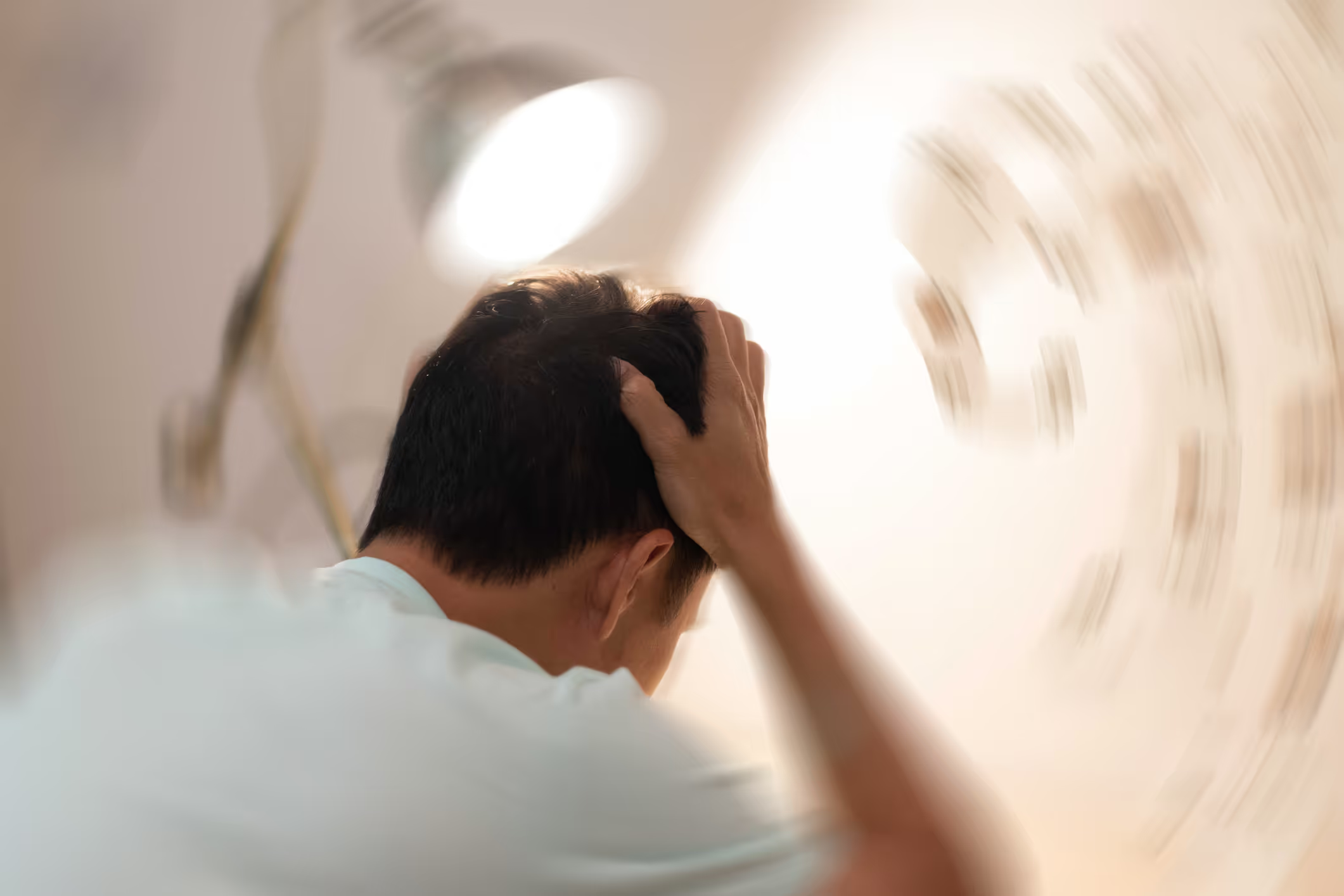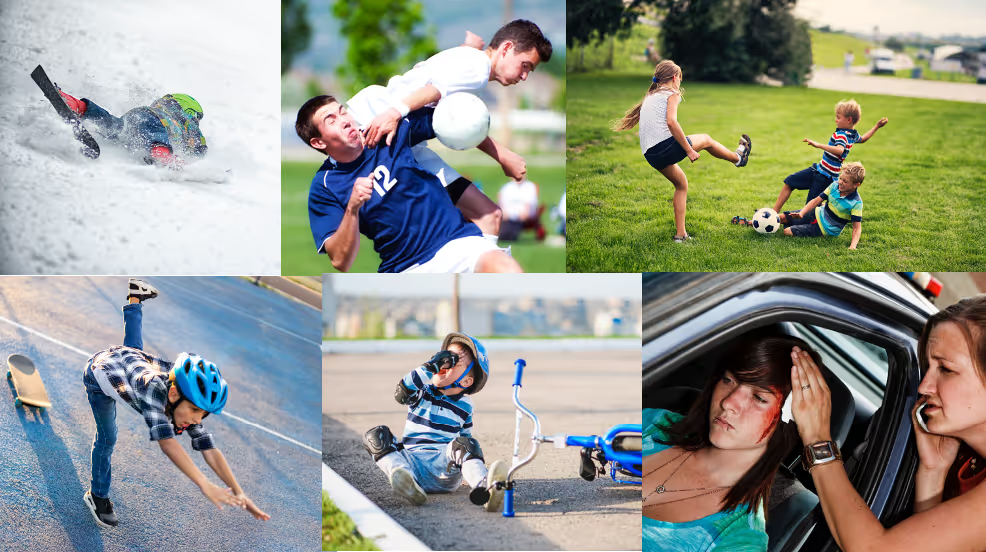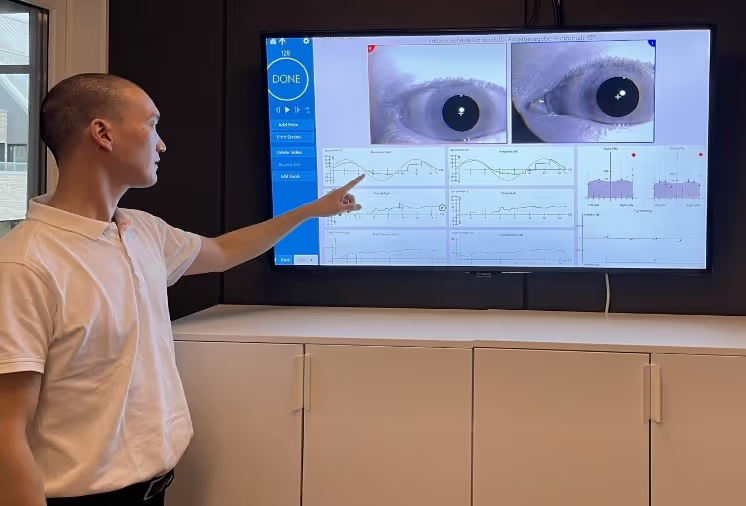Neurological rehabilitation
.avif)
Although different neurological diseases and injuries affect different parts of the brain and nervous system and result in different symptoms, several common features can be seen. Research shows that primary dysfunction is not limited to the part(s) of the brain and nervous system affected by disease or injury after head trauma. There are also secondary dysfunctions in other parts of the brain and nervous system. This is probably the result of both successful and unsuccessful attempts by the brain to compensate for the functional disturbances in the diseased and injured centers of the brain. It turns out that the healthy brain centers that are used during a particular action begin to communicate more with other related areas, and or the healthy centers begin to communicate and activate areas of the brain that are not normally used during a particular action. One theory is that this compensation may not only cause the brain and nervous system to find new ways to solve both physical and cognitive challenges. But can lead to a chain reaction of miscompensations and secondary dysfunctions that exacerbate symptoms that the diseased or damaged centers of the brain and nervous system cause, and result in a host of other accompanying symptoms.
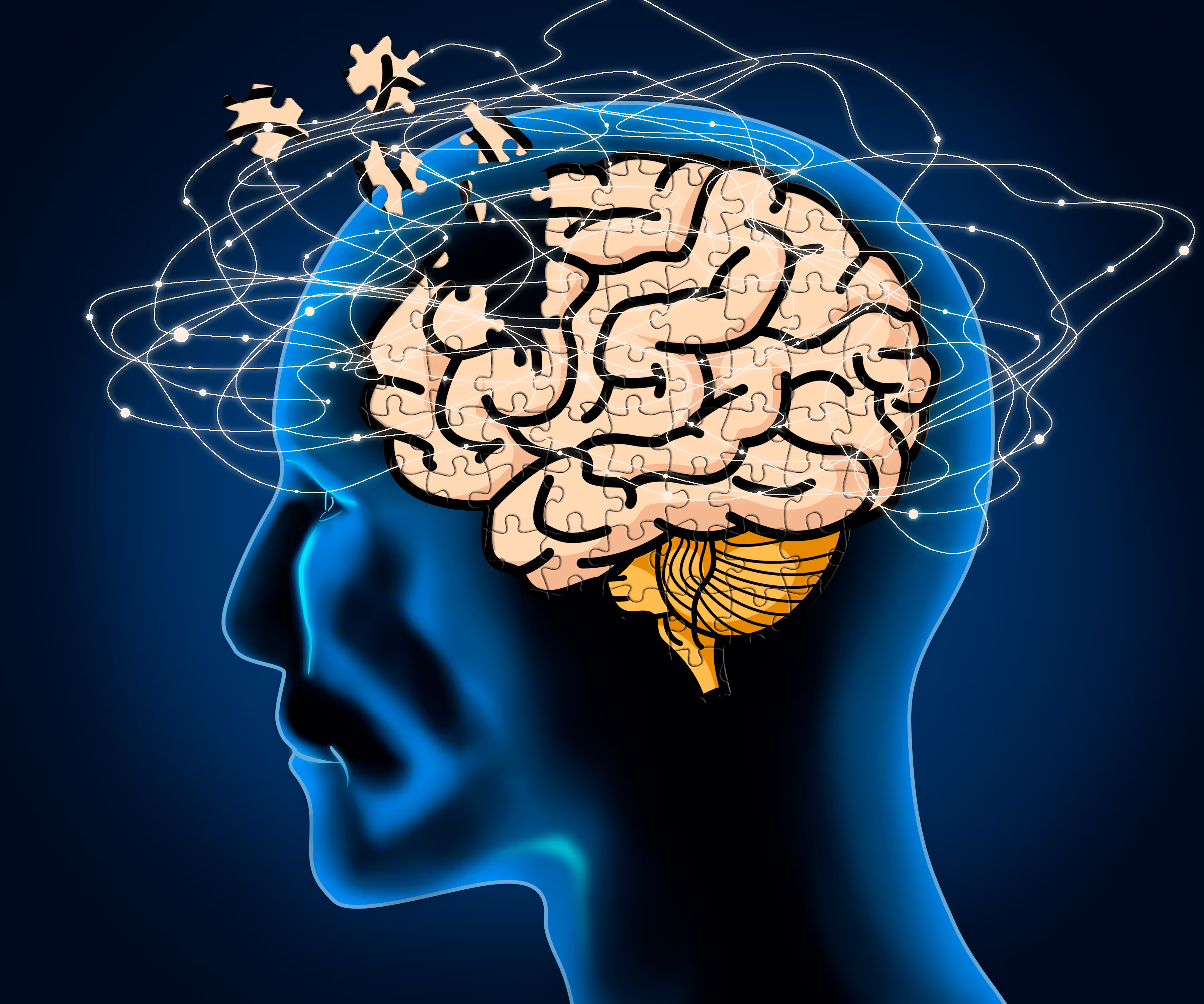
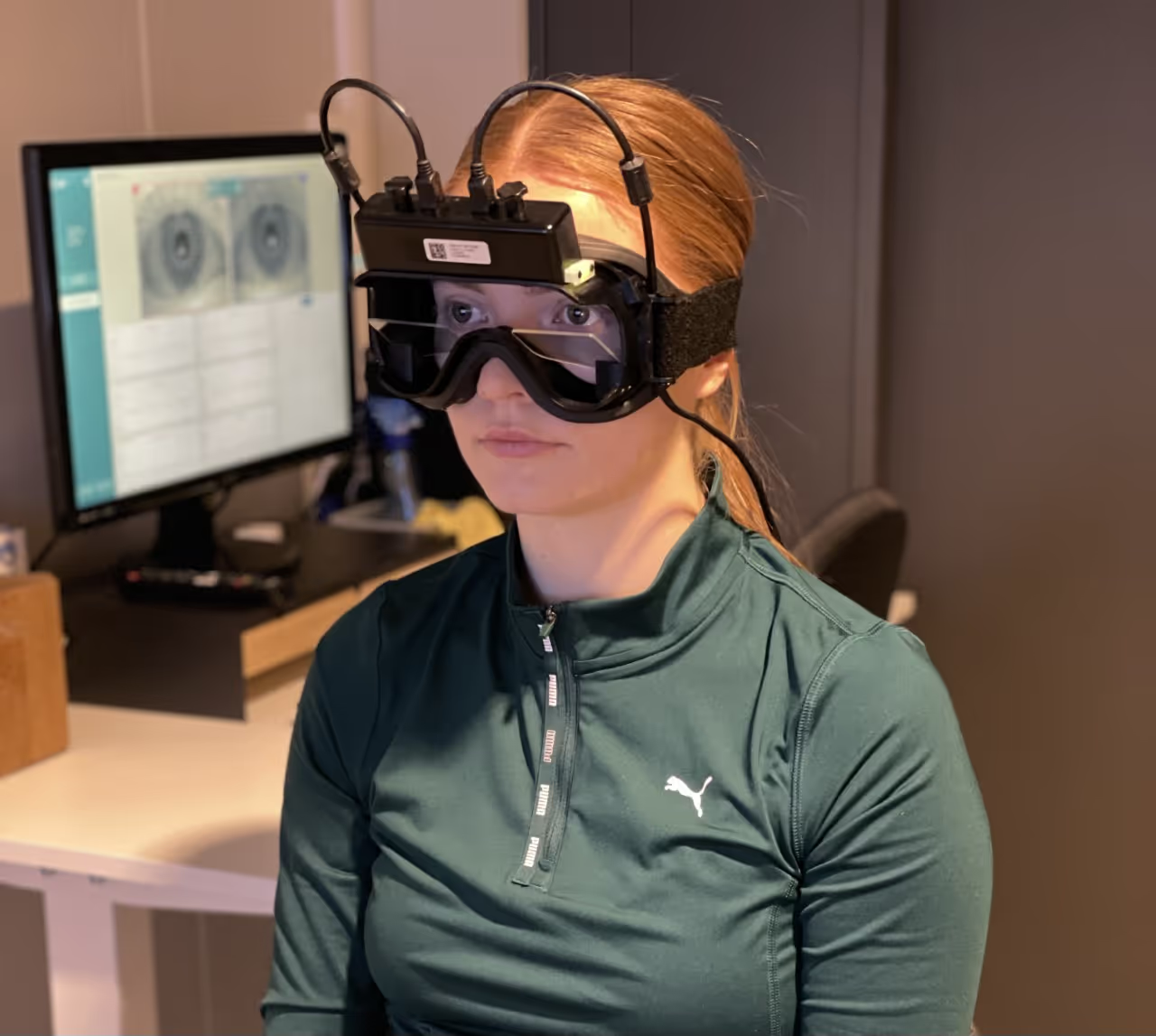
Research shows that neurological diseases such as Parkinson's disease, MS and traumatic head injury cause functional disorders that make it more challenging for the brain to process and coordinate multiple sensory inputs simultaneously, also known as multisensory integration. It becomes more challenging to coordinate the activation of several different areas that have different properties in the brain, while being necessary to perform both physical and cognitive tasks, also known as cross-modal activation. At the same time, activity in the brain is also overactivated by activating parts of the brain that are not normally active during certain tasks. These functional disturbances are probably the reason why many people with neurological disease and sequelae of traumatic head injury often have poor relief from standard physical treatment and rehabilitation, such as muscle and joint treatment and physical exercise.
Our rehabilitation philosophy is therefore that a broad and comprehensive functional examination is essential to identify both primary and secondary functional disorders of the brain and nervous system in order to obtain the most information about how the individual's rehabilitation should be initiated. Our most important tool for tailoring the individual rehabilitation lies in the information we get from frequent re-evaluations. We often find that rehabilitation, which is initially tailored according to the findings of the first assessment, may worsen several of the tests when re-evaluated later in the rehabilitation process. This happens even though all previous research indicates that the brain and nervous system need a specific type of stimuli or exercise. There may be several reasons for this. The included stimuli or exercise provided becomes too challenging and stressful for the brain and nervous system to process, or the brain and nervous system dysfunction causes new compensatory mechanisms that make the brain and nervous system not respond as normal. We at BrainCamp therefore do re-tests and re-evaluation already after 2-3 treatments in the initial phase to confirm whether rehabilitation is having the desired effect. If there is a need to change the rehabilitation plan, we repeat the re-tests and re-evaluation after 2-3 new treatments. In this way, we try to tailor the rehabilitation as best as possible to optimize the possibility of improving both functional disorders and symptoms.
